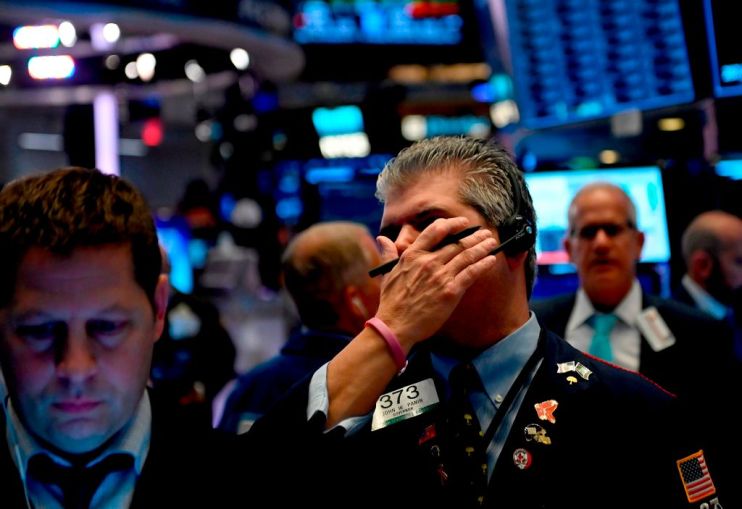Soaring corporate debt levels threaten financial stability, IMF warns

The global financial system is at risk from ballooning levels of corporate and emerging market debt caused by ultra-low interest rates, the International Monetary Fund (IMF) has warned.
Read more: IMF warns global growth will fall to lowest level since financial crisis
The IMF cautioned that in a downturn half as severe as 2008, $19 trillion (£14.9 trillion) of companies’ debt – “above crisis levels” – is at risk of default and poses the threat of global contagion.
The US-China trade war and a global slowdown mean already very low interest rates are set to stay “lower for longer,” the international lender of last resort said today in its biannual financial stability report.
Low rates have held down government bond prices and sent investors towards riskier assets such as non-financial firms’ bonds and shares and the debt of emerging market countries. The amount of money owed by companies and developing countries has rocketed.
The IMF, which is in the middle of its first annual meeting under new chief Kristalina Georgieva, today cautioned that an economic downturn could severely limit the ability of these firms and countries to pay their debts as earnings fall and lenders demand higher interest.
This “could have significant macroeconomic implications,” the Fund said. A failure by firms to pay up would rock institutional investors such as pension funds that hold their bonds and the damage could spread through economies.
“Similarities in investment funds’ portfolios could magnify a market sell-off, pension funds’ illiquid investments could constrain their ability to play a role in stabilising markets as they have done in the past, and cross-border investments by life insurers could facilitate spillovers across markets,” the IMF said.
Investors have also snapped up the bonds of emerging market countries such as Brazil, India and Mesico which offer bigger returns, leading to high levels of sovereign debt.
“In the event of a sharp tightening in global financial conditions, increased borrowing could raise rollover and debt sustainability risks,” the Fund said.
It said the main focus of governments should be bringing an end to the trade tensions which are the primary “downside risk” to the economy.
In its economic outlook report yesterday, the IMF predicted that the US-China trade war would push global economic growth down to just three per cent this year, its lowest rate since the financial crisis.
Read more: New IMF chief Kristalina Georgieva says trade wars to cost global economy $700bn
The Fund also called on governments to tackle high corporate debt burdens. “Efforts should be made to increase disclosure and transparency in non-bank finance markets to enable a more comprehensive assessment of risks,” it said.
(Image credit: Getty)